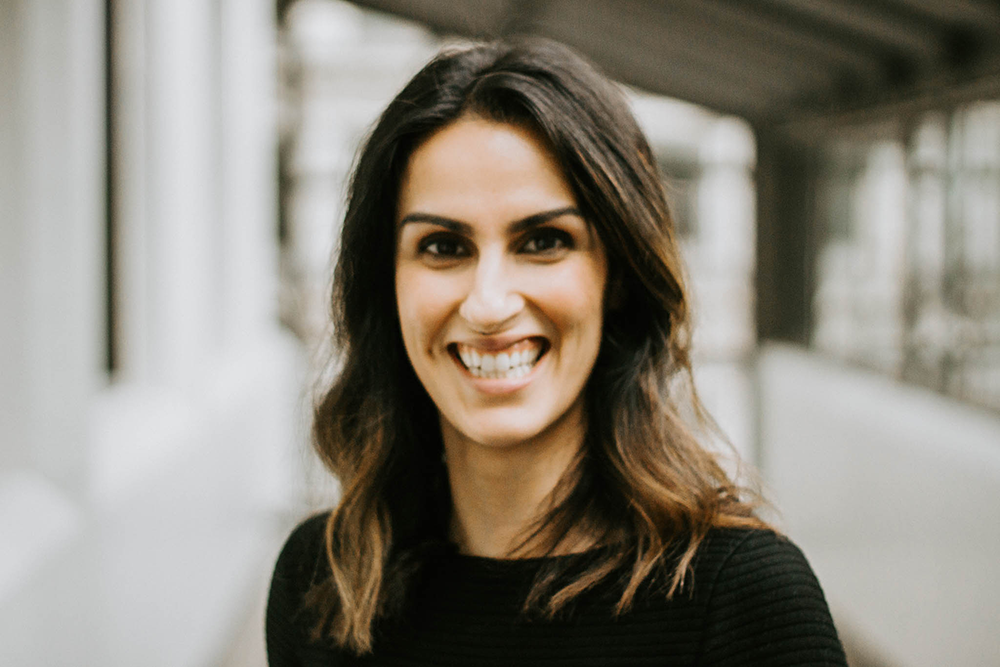Presenters and participants at the second annual Working to End Rape Culture Summit highlighted the importance of taking an intersectional approach to sexual misconduct prevention and advocacy Nov. 2.
Participants from Georgetown University and across Washington, D.C., attended the daylong summit, listening to lectures and participating in breakout sessions about the different factors of sexual assault and misconduct. The Georgetown University Sexual Assault Peer Educators, which facilitates student education on sexual assault, hosted the conference held in the Intercultural Center.

The summit underscored the ways rape culture and sexual misconduct affect marginalized communities, according to WERC Summit Fundraising and Partnerships Chair Morgan Robinson (NHS ’20).
“One of the main things that we talked about over the summer when we began the planning process was having the WERC Summit not cater to, but specifically emphasize marginalized communities and how survivorship is impacted and what it looks like within those communities,” Robinson said in an interview with The Hoya.
The summit’s organizers wanted to draw attendees already active in sexual misconduct prevention advocacy and non-activists who value eliminating campus sexual misconduct, according to WERC Summit Logistics Chair Sinclair Blue (SFS ’20).
“People who are doing the work are already really committed and tend to know a lot, but how do we target your everyday Georgetown student who might not necessarily be a sexual assault activist, but would if they were equipped to?” Blue said in an interview with The Hoya.
The summit’s keynote speaker was Sameera Qureshi, the director of sexuality education and training at HEART Women & Girls, an organization that promotes sexual health and confronts sexual violence in the Muslim community, according to its mission statement.
During her talk, Qureshi highlighted how sexual abuse can go unaddressed in marginalized communities, citing the results of the 2019 Campus Climate Survey on Sexual Assault and Misconduct, noting the low 39% response rate.
“Who is responding to the survey? And, for me to give time and energy to a survey, I’m going to believe that I’m invested in the cause, that I think the institution represents me and what I need and that I trust the institution to do something with my answers,” Qureshi said in her speech. “If we think about this 39%, I’m going to think that they are probably the most privileged part of this campus, those who see themselves represented by the institution and those who feel like they’ll do something if they are harmed.”
Although students independently advocate to combat sexual assault, Georgetown has not provided adequate resources for activists and survivors, according to Blue.
“Students are leading a lot of this work, but the university has the responsibility to support students and also to support staff,” Blue said.
After a yearlong search for a Title IX coordinator, the university named former Title IX investigator Samantha Berner as coordinator in July. Berner’s promotion vacated the investigator role, and the university has not filled the position, although it is actively seeking applicants.
Student attendees came from universities throughout the D.C.-Maryland-Virginia area to learn more about how to curtail rape culture on college campuses, including Reah Vasilakopoulos, a senior at Johns Hopkins University who is active in student sexual abuse prevention.
“I particularly came to this conference to navigate that line between intervention and more root cause structural change,” Vasilakopoulos said in an interview with The Hoya.
Other attendees said the breakout sessions introduced them to facets of rape culture that are not as commonly talked about. Alex Steitz, a junior at Goucher College, attended the breakout session “Queer Students & Title IX: Know Your Rights.”
“I really liked the workshop that I went to about Title IX rights for LGBTQ students and what those rights have looked like, what they are potentially going to look like and what they are currently looking like; it was really informative and interesting,” Steitz said in an interview with The Hoya. “When we talk about Title IX, we usually talk about sexual and relationship violence and not as much about the way that it applies to discrimination.”




















